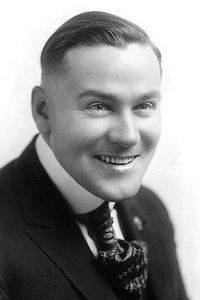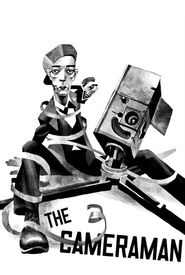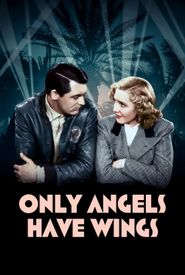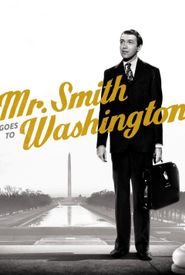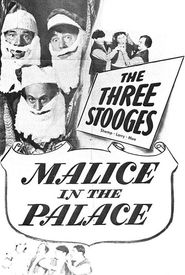Vernon Dent's biography is a fascinating tale of a man who found his calling in the world of comedy. Born into a life of show business, Dent's early years were spent as a member of a singing troupe traveling throughout Southern California in the early 1920s. It was during this time that he befriended comedian Hank Mann, a member of the legendary Keystone Kops.
Mann saw something special in Dent and gave him a supporting role in a series of two-reel comedies. This led to Dent being given his own series of comedy shorts by Pathe, where he honed his craft and developed his unique comedic style. After freelancing for top comedians like Larry Semon, Dent found his true calling when he was hired by Mack Sennett, a renowned filmmaker of the time.
At Sennett's studio, Dent's physical comedy skills were put to the test, and he proved to be a natural, able to perform impressive pratfalls and rival even Sennett's top comedians. It was during this period that he worked with the legendary Harry Langdon, who was catapulted to stardom and brought recognition to Dent as well.
When Langdon left Sennett, Dent stayed on and supported other Sennett comedians like Billy Bevan and Ralph Graves. He and Langdon were reunited in a series of shorts for Educational Pictures in the early 1930s, with Langdon insisting that Dent receive second billing after him.
In 1935, Dent joined Columbia Pictures, where he achieved his greatest success and remained until 1953. He worked particularly well with Shemp Howard of The Three Stooges, and the two remained lifelong friends.
After retiring in the mid-1950s, Dent's life took a tragic turn. He went blind due to his lifelong battle with diabetes, and rumors circulated that he had died because he was a Christian Scientist and refused to take insulin. However, Dent's wife later clarified that he was not a Christian Scientist and died suddenly from a massive heart attack.
Despite the challenges he faced, Vernon Dent's legacy as a comedian and actor continues to be celebrated, and his work remains a beloved part of comedy history.
